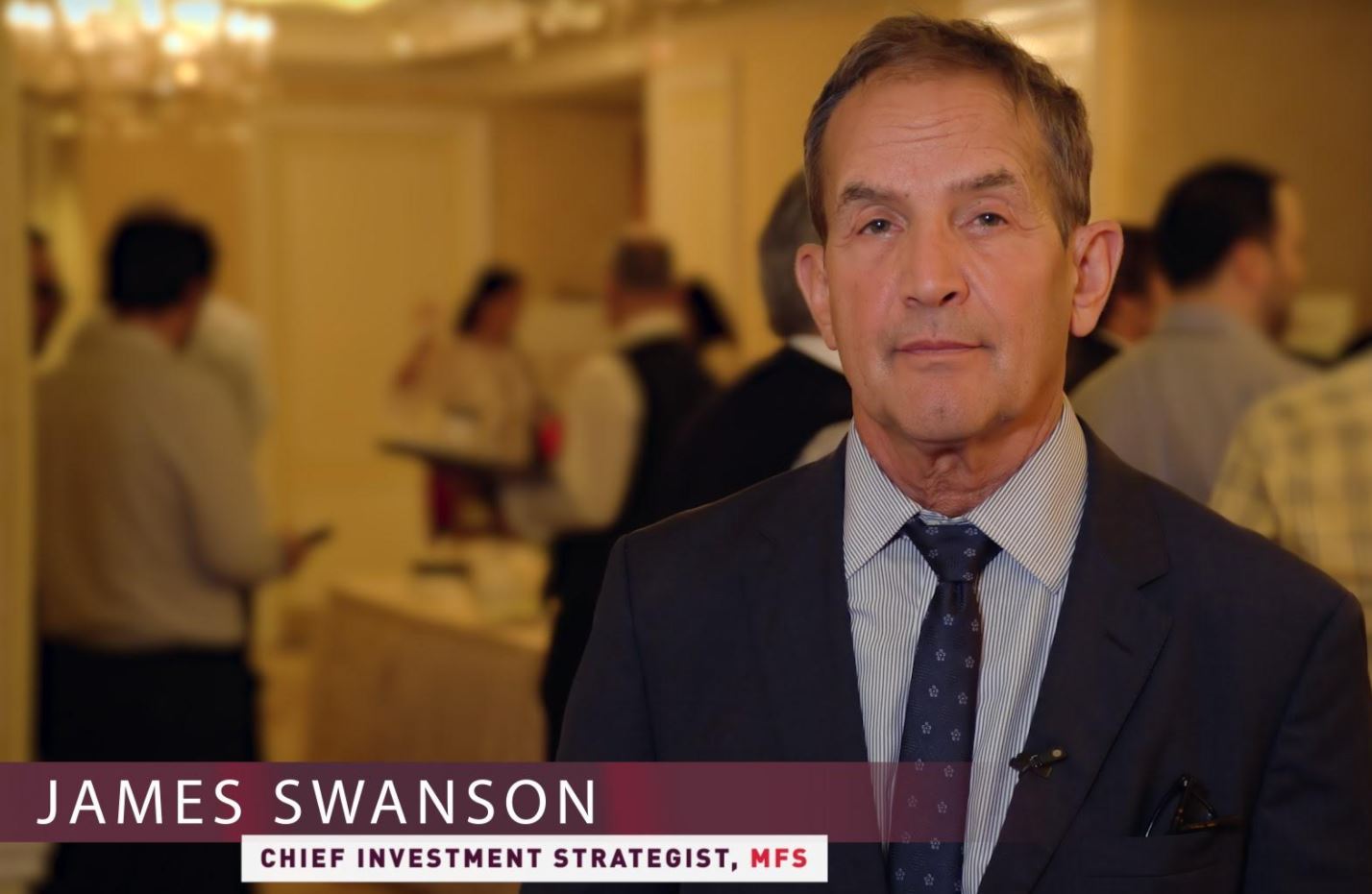Terry Simpson: “Economic Expansion is Becoming Sustained and Synchronized Across the Globe”
| By Fórmate a Fondo | 0 Comentarios
The global economy is moving towards more sustained economic expansion, and is still far from an inflationary environment. Although the Fed has begun its normalization process, there are still many questions surrounding the policies of the European Central Bank, the Bank of Japan, the Bank of England, and even the Bank of Canada, which recently decided to increase its reference rate by 25 basis points, the first-rate increase in seven years. Structurally, the economic environment is one of low growth and low interest rates, but what do these conditions mean for returns? Where can they be found in this environment? Terry Simpson, Multi-Asset Investment Strategist at the Black Rock Investment Institute, answered these, as well as other questions, during his visit to Miami for the presentation of the firm’s strategic vision for the second half of the year to their clients.
Simpson, who joined BlackRock in 2004, explained that they use various tools to be able to identify economic growth that is not captured by traditional economic indicators, such as capex, employment, or industrial production. In addition to estimating the growth of the G-7, the seven major world economies through advanced economic indicators using an econometric technique called Nowcasting, they also use Big Data technology to continue to innovate in their internal forecasting elements. “There are household spending patterns and business developments that you cannot capture with traditional economic variables, and we believe our differentiated approach gives us a competitive advantage over the data analyzed by the market consensus on the street,” he says.
In this way, BlackRock establishes that the G-7 12-month forward growth forecasts are shaping up to be 2% over the next 3 months, between 25 and 30 basis points above the market consensus, a difference that may seem small, but in which a low growth environment can be sufficient to influence asset allocation decisions and investor sentiment. “We are seeing that the improvement in global economic growth is in a synchronized trend. The United States’ economic cycle is ahead, but the rest of the G-7 economies are now catching up.” Last year all the improvement came from the US economy, but now there is significant improvement in Germany, Canada, Japan and France, which is very important to increasing global growth.”
Continuing with the theme of sustained economic expansion in the United States, Terry Simpson addressed a frequent question about the duration of the cycle. “The United States is now eight and a half years into this economic cycle, this is the third longest economic expansion in US history, and many expect it to end soon. This is erroneous. They are just thinking about it from the wrong perspective. By our analysis, we can see that, since the last cycle, we are still far from reaching what we call the potential in the economy, which still argues that this cycle has room to run and this cycle should be measured in years, not quarters.”
Next, Simpson referred to the more aggressive tone from central banks in the early part of the summer, beginning with statements by Mario Draghi at the Sintra symposium in late June during the European Central Bank Forum, where the market interpreted that the European authority on monetary policy is prepared to be more aggressive in withdrawing its economic stimulus measures. The FOMC then continued with its third-rate hike in 6 months. But this should not divert investors’ attention, who should nevertheless bear in mind that most central banks aim to keep inflation close to their target: “Since 2015, core inflation in the US, the Eurozone and Japan has remained very stable and flat, if anything we have recently seen a decline in US inflation, which has raised much concern. The reality is that Central Banks really have not been hitting their inflation targets, so it is very likely that they are not going to be aggressive while removing their expansionary policies and that is one thing that markets misinterpreted, and structurally, we believe that we are going to be in this low-growth, low- interest rate environment for the foreseeable future.” Most central banks are mandated to manage around an inflation target. Some banks have a dual mandate, like the Fed with full employment as their second mandate, but the vast majority of them conduct their monetary policy in relation to an inflation target, projections on GDP and developments on the output gap. In any case, in Europe inflation is around 1%, while the inflation target is 2%. “If Draghi announced the tapering of the QE program this year, we think it would be a very gradual wind down.”
China is another frequent concern for investors. BlackRock uses economic data to evaluate the trend for China’s PMI, a leading indicator for the country’s economic prospects. The current data remains high by recent historical standards, the highest of the last three years, so they do not believe that a hard landing is as automatic as some think. “Policy makers have identified the imbalances in the economy and are starting to address them; and that is a good thing. This doesn’t necessarily mean it’s going to be a smooth ride, but at least they recognized the importance and potential impact on the economy,” adds Simpson.
Rethinking Risk
At a time when volatility levels are at a minimum, it is important to ask about the likelihood of a shift to a high volatility regime. According to BlackRock, if we are currently in a low volatility regime like the present one, there is a 90% probability that we will be in the same regime one year forward and a 70% probability that the same regime will be maintained over a three-year period. This is an important fact, since most clients are de-risking their portfolios because they believe that such low volatility is not normal. “Volatility is at such low levels because of conventional and unconventional monetary policy measures of recent years. However, there are other reasons at the macroeconomic level: GDP, unemployment, and inflation volatilities are at levels below their historical rates. It is consistent that if you have low macroeconomic volatility, you will have low financial volatility, so we do not expect volatility to mean revert.”
It may rise from the current levels, but it would take a geopolitical shock or economic shock to shift us into high volatility regime. In other words, investors should maintain their current exposure to risk, or even increase it. “This is a contrarian call as investors are pairing risk exposure back and taking profit. We still like equities and high quality credit fixed income” he said.






